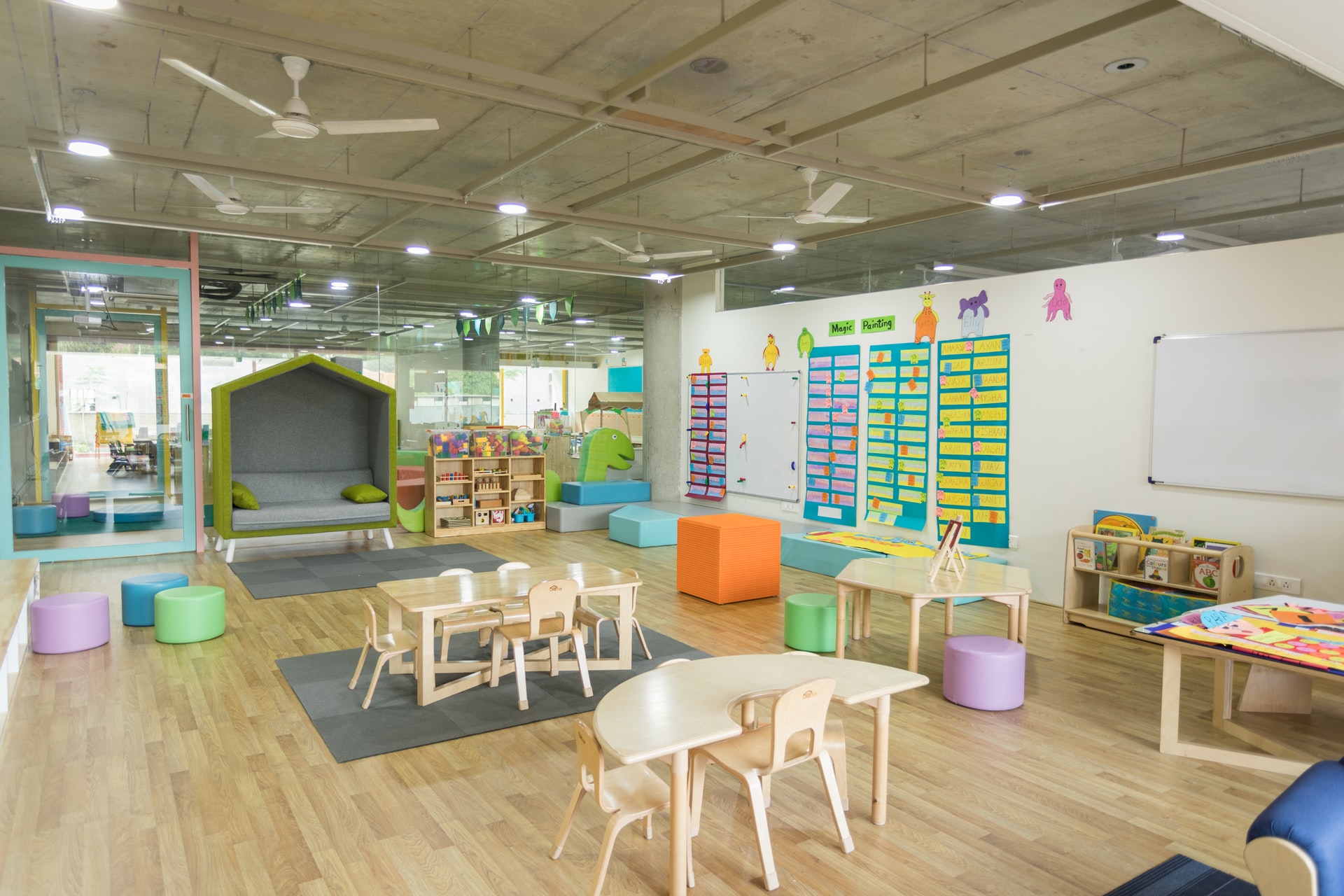Working Parents Face Potential Dilemna as Daycares Reopen
 " alt="Working Parents Face Potential Dilemna as Daycares Reopen">
" alt="Working Parents Face Potential Dilemna as Daycares Reopen">
Written on behalf of Peter McSherry
For the past several months, most people have been staying home, and in many cases, working from home, as businesses and schools have been closed due to the pandemic. With nowhere to send their children during the day, workplaces have been accommodating parents whenever possible to allow them to stay home with their children. However, now that the province is largely in Phase 2 of reopening, some parents are being recalled to the workplace and daycare centres across the province have been given the green light to reopen. What does this mean for employees with children, and their employers?
Child Care Centres
The Ontario Government announced on June 9 that all child care facilities were allowed to re-open as of June 12, however, there are strict conditions attached. Children and staff must be in groups to a maximum size of 10 and all staff and children must be screened prior to entering the premises. This will raise alarms only for possibly active cases in people showing symptoms of infection, such as a fever. There is no adequate testing in place yet for asymptomatic carriers. There are other health and safety measures imposed as well, such as cleaning and social distancing protocols for drop-off and pick-up. All centres must meet these terms and conditions before re-opening.
Previously, the province had announced emergency child care provisions for critical and essential employees. That measure will cease as of June 26.
There is more to this issue than simply the re-opening of child care services. As noted earlier, there is protection recently given to workers under the emergency amendments to the Employment Standards Act who must stay off work for COVID-19 reasons, including child care.
It is likely that the re-opening of these facilities is intended to coordinate with the anticipated end of the school closings which is now currently extended to the end of June. Once the school closure is over and the child care centres are up and running, the protection given to workers due to child care issues will likely also terminate. However, with strict limits in place on the number of children allowed in any particular daycare, many working parents may still find themselves impacted and unable to secure adequate care. Stay tuned to this page for further updates as the situation unfolds.
Duty to Accommodate
Child care issues, however, will likely go beyond the issue protected in the Employment Standards Act. The Human Rights Code offers protection to issues classified as “family status”, which will probably include child care issues. The re-openings mentioned above will not accommodate all persons seeking child care access due to the limitations referenced above.
There may be situations, no doubt, in which a child care service encounters an infection, which may require it to close unexpectedly, and for some time. Many parents may have a child who is high risk due to other medical issues, who cannot be exposed to a large group of this nature. In addition, some facilities may simply choose not to open.
All of these examples could impact a worker, making them unable to report to work for full-time duties, or at all. In such cases, the employer must take reasonable steps to accommodate the worker’s situation to the point of “undue hardship”. This is an onerous obligation and in today’s environment is likely to be interpreted even more broadly in favour of the employee.
Accommodation could take the form of temporarily adjusted hours, extended work from home arrangements, the granting of a leave period or other measures to try to deal with the employee’s absence.
Should the employer terminate in this context, such action will give rise to a human rights complaint which could result in back pay to the date of the hearing, reinstatement and compensatory damages for injured feelings. Hopefully, this will not be required.
The Impact of the Pandemic on Migrant Workers
The Province has announced that only Windsor-Essex remains exempt from entering Phase 2, largely owing to outbreaks of the virus in areas heavily populated by migrant workers. This area also faces heavy cross border traffic with the United States, particularly health care professionals, many of whom live in Canada and work in American health facilities.
Migrant farmworkers are faced with a number of conditions that are conducive to a rapid spread of infection. Investigations have revealed that these workers are required to live in densely populated living accommodations that are ill-suited for this crisis. The threat of deportation also overhangs every request from an employer to keep working despite potential symptoms or contact with others who were infected. These factors enhance the infection rate with the lack of PPE and inadequate quarantine measures upon arriving in Ontario. This situation has become so severe that Mexico had stated it would cease the right of its people to take such employment in Canada. This has since been rescinded. This situation is dangerous not only to the workers but the people with whom they are in contact in the local communities.
The Province and Canada promise reforms and continuing protections.
Get Informed, Stay Current
With every news cycle, we are inundated with changes to the laws affecting employees and employers in Ontario. Stay alert and on top of the curve. We will update the all news as it develops on this space. Contact the offices of Guelph employment lawyer Peter McSherry for experienced guidance through the issues. We will help you understand your rights, and defend your position. Contact us online or by phone at 519-821-5465 to schedule a consultation.




